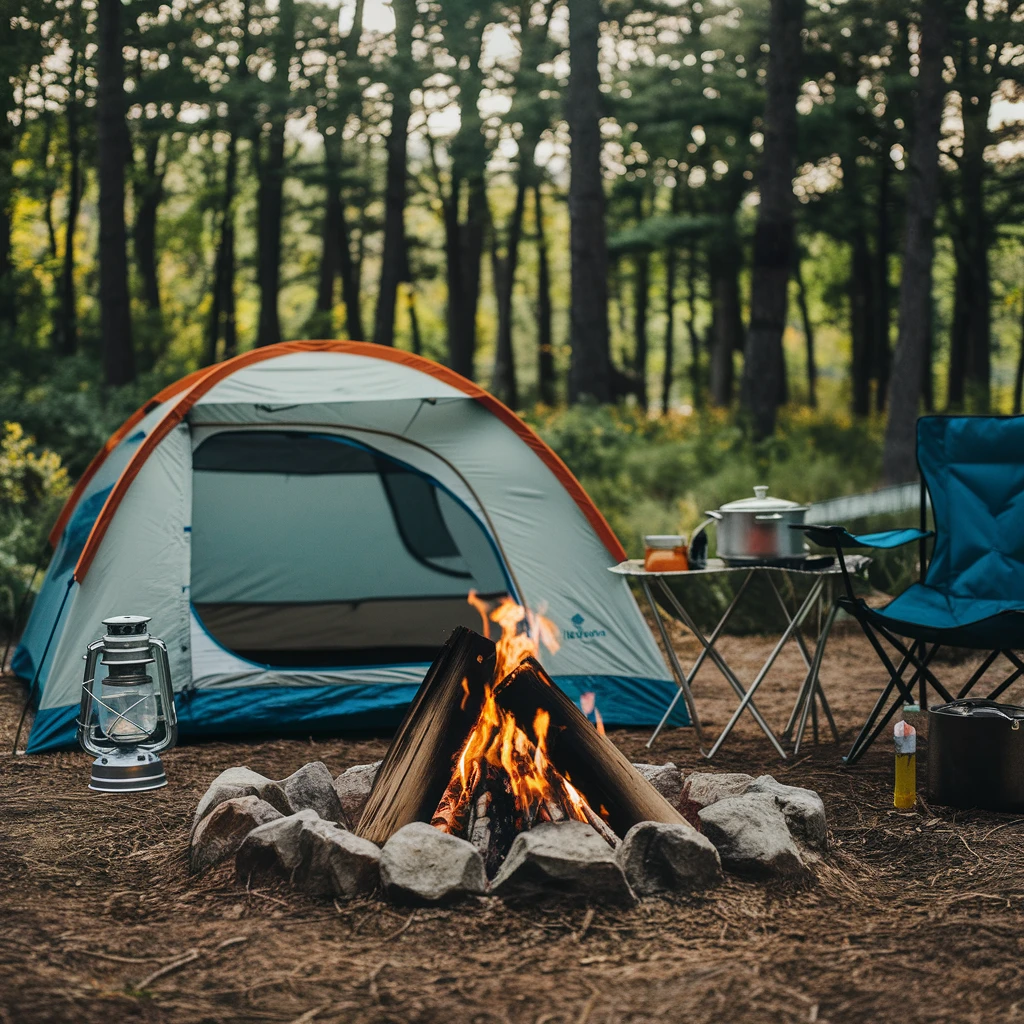4wd Touring - What To Bring On Each Trip - What Works
Getting out there in your 4wd or Ute can be as basic as you like – just load up some fuel cans, a sleeping bag, a billy and a few tins of beans and off you go. It’s a quick and simple way to get going and plenty of us have done it. Of course when the weather plays up it doesn’t always seem as good an idea as it did when you set off. That sleeping bag might keep you warm, but if you’re sleeping inside your wagon to keep out of the rain you might not be all that comfortable. A seat that’s perfect for a long day at the wheel can feel a lot less pleasant when you’re trying to spend all night in it too. And do you really feel like going back out in the rain to cook?
If you’re planning a longer trip, or you’re bringing the family along and they insist on a certain level of comfort (like they do), it always pays to take some extra equipment along. Unless you plan on towing a caravan you’ll never have all the comforts of home, but touring in a 4wd is a different experience anyway. The good news is that you can easily carry everything you need to be comfortable without feeling like you might as well have stayed in the house.
The first thing you need is shelter. Your vehicle itself is weatherproof, but you can’t cook inside it and as you’ve probably already found it isn’t the most comfortable place to sleep. The next step up is a tent, and standard camping tents are a popular option. They do give you a place to sleep, but again you can’t cook in them and they’re usually not all that roomy. A better option is a vehicle-mounted awning; this will give you a large area protected from the weather, and you can set up your grill or stove under it safely. Add a mozzie net or tent kit for it and you have all the enclosed space you need. A good awning is also very quick to set up or take down. It’s the first essential bit of touring kit you need to look at.
Cooking is your next priority. Camping stoves work fine, but with the space available in your vehicle you can do a bit better than that. Larger gas stoves and grills can be carried, as well as folding tables for food preparation and chairs so you can sit down to a proper meal. Fridges are a popular option too – as well as keeping a few stubbies cold they let you carry fresh food safely. If you’re planning on camping in one place for a while consider a solar oven. As well as being as green as you can get these don’t need any fuel – they take energy from the sun.
Fresh, drinkable water is key to comfortable – and safe – touring. A few containers is the bare minimum. There are also a load of ways to purify water as you go, from compact filter straws to larger filters that can supply a whole family. We even have the LifeSaver Australia jerry can, which combines filtering and storage in one handy unit.
Don’t go anywhere without a first aid kit. Even a few simple items can deal with minor injuries and avoid trips to hospital that can ruin a trip. Make sure you have recovery equipment too, just in case your vehicle takes a liking to some spot and doesn’t want to move. Of course you need to make sure you know how to use any emergency gear you carry; it’s worse than useless if you don’t.
As you get more experienced at 4wd touring you’ll find out what works and what doesn’t. Things that seemed essential will get left behind because you never use them, and unless they’re emergency gear that’s fine. At the same time you’ll also find out what items help you travel and camp in the style you enjoy. If you come up with any great ideas for touring gear, let us know!





